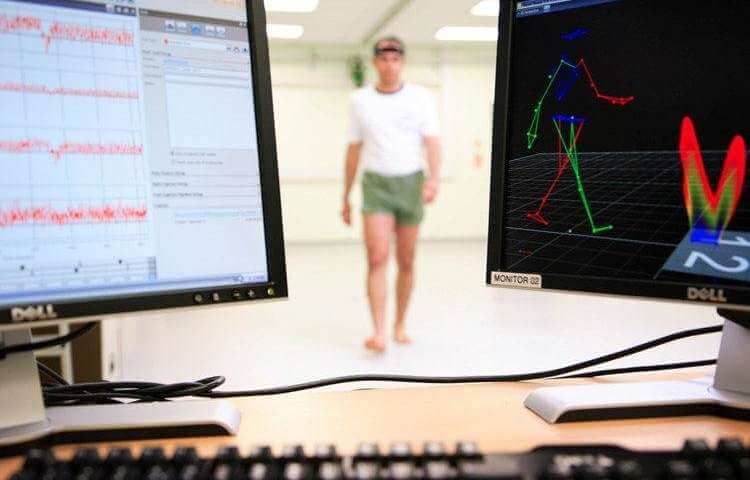Gait analysis to detect Alzheimer’s disease
Research in Gait sciences by UK University indicates examination of mobility deformities may lead to early diagnosis of dementia.
The new research by UK University offers a cost-effective, productive as well as reliable method to conclude the onset of Alzheimer’s disease in patients which further ameliorates the treatment part. If the disease picture is known untimely, the treatment of the otherwise untreatable disease can be feasible, that too in a fertile manner.
Changes in walking methodologies, mobility deformities, and gait changes are very important for the diagnosis of dementia as the disease begins with difficulty in walking or initiating movements.
Sensor installed clothes could sense the Gait changes of the patients and thereby indicate if the patient has any signs of dementia in them.
Experts stated that this method is a highly productive, affordable, home-based monitoring as well as feasible one to know about the whereabouts’ of the disease. It also allows free-living monitoring of the suffering which can be done even while performing all the basic amenities and tasks that a person does.
The human movement laboratory present in Clinical Ageing Research Unit, included in the premises of the Campus for Ageing and Vitality, Newcastle University, is all sought to the investigation and examination of mobility, locomotion and gait deformities in patients.
Several dementia patients, about six in number, were taken for the studies being done in National Institute for Health Research Translational Research Collaboration in Dementia initiative, and ongoing research to render the concept practical and effective is being done to safeguard the lives of Alzheimer’s patients. Volunteers were made to wear a small wearable with installed sensors on their lower back. All the necessary walking tasks were done wearing those specialized wearables and they even walked home wearing it.
After these studies, the experts concluded that feasibility level of attaining the knowledge about the onset of Alzheimer’s is high at the lab as well as the home environment.
Basic prognosis of the disease is known to be very complicated. Alzheimer’s starts long before it gets diagnosed in the majority of the cases. With this innovation, this problem could be tackled in an effective way thereby making it feasible to diagnose early.
An estimation of 46.8 million people survived with dementia all over the world in 2015, and with huge growth in population in most of the developed countries, this number may get doubled by 2050.
Sensor installed wearables to sense the Gait mobility in patients is an astonishing way to know the onset and treat the disease at an early stage, preventing last stage complications from taking place.
Biomarkers, as well as specialized tests like brain imaging and assessment, would be used to make this innovation possible. This unique technology by UK University, if made possible, could lead to prevention of loss of memory and thinking abilities in dementia patients hence making the disease a treatable and less grievous one for the patients.
Image credit: www.ncl.ac.uk

















